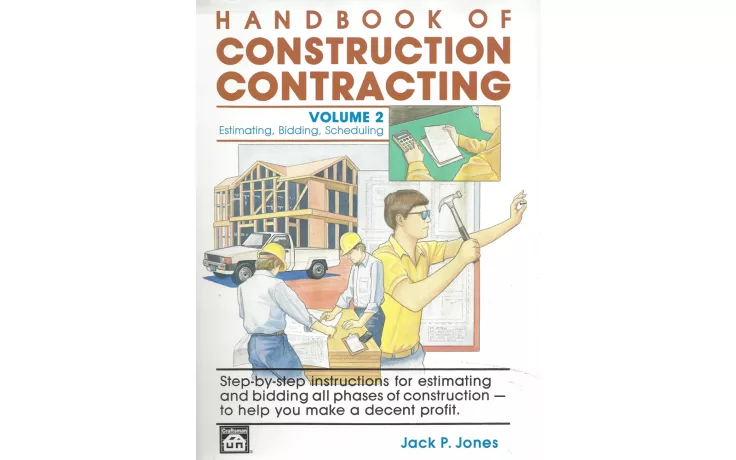Monthly Construction Input Prices Decreased 2% in July, Up 17% From a Year Ago, Says ABC
Contractor Confidence Still Down in July

WASHINGTON, D.C. — Construction input prices decreased 1.8% in July compared to the previous month, according to an Associated Builders and Contractors (ABC) analysis of U.S. Bureau of Labor Statistics’ Producer Price Index data released this week. Nonresidential construction input prices decreased 1.8% for the month as well.
"Today’s Producer Price Index data supplies additional evidence that inflation has peaked," said ABC Chief Economist Anirban Basu. “A weakening global economy and ongoing supply chain adjustments have resulted in significant declines in the prices of a number of key commodities, ranging from oil to steel."
Construction input prices are up 17.4% from a year ago, while nonresidential construction input prices are 17.3% higher. Input prices were down in eight of 11 subcategories on a monthly basis. Prices in all three energy subcategories fell in July, with natural gas prices falling 27.6%, the largest decrease. Unprocessed energy materials prices were down 21.2%, while crude petroleum prices fell 19.1%.
"While the risk of recession remains elevated, recent government reports on consumer and producer prices make it more likely that the Federal Reserve will be able to engineer a soft landing or that any recession to come could be quite mild," said Basu. "For contractors who have seen their profit margins diminished by elevated materials prices, a trend confirmed by ABC’s Construction Confidence Index, this is a welcome development."
Contractor Confidence
Despite the good news, contractor confidence has declined. According to ABC's Construction Confidence Index, confidence in sales, profit margins and staffing levels dropped in July. Sales and staffing indices remain above the threshold of 50, meaning there are expectations for growth over the next six months, while profit margins remains below the threshold of 50 for the second consecutive month.
“The level of construction activity has begun to fade,” said Basu. “While the average contractor still expects employment and sales to climb over the next six months, the current pace of expansion is poised to be slower than earlier stages of economic recovery."
Basu attributes this to higher borrowing costs, weak commercial real estate fundamentals and the reluctance of project owners to bear the full brunt of higher construction materials prices and rising compensation costs.
“A growing number of contractors are preparing for tougher times ahead,” said Basu. “That is nothing new for an industry that has proven itself to be highly resilient and cyclical in recent decades. Nonetheless, for now, many contractors continue to operate at capacity and are actively looking to hire additional workers to expand capacity. It is simply too soon to conclude that the nonresidential construction industry has entered recession despite recent declines in backlog.”
ABC's Construction Backlog Indicator fell 0.2 months in July and stands at 8.7 months. This is 0.3 months lower than the peak in May 2022, but is higher than at any point between March 2020 and March 2022.
Looking for a reprint of this article?
From high-res PDFs to custom plaques, order your copy today!






